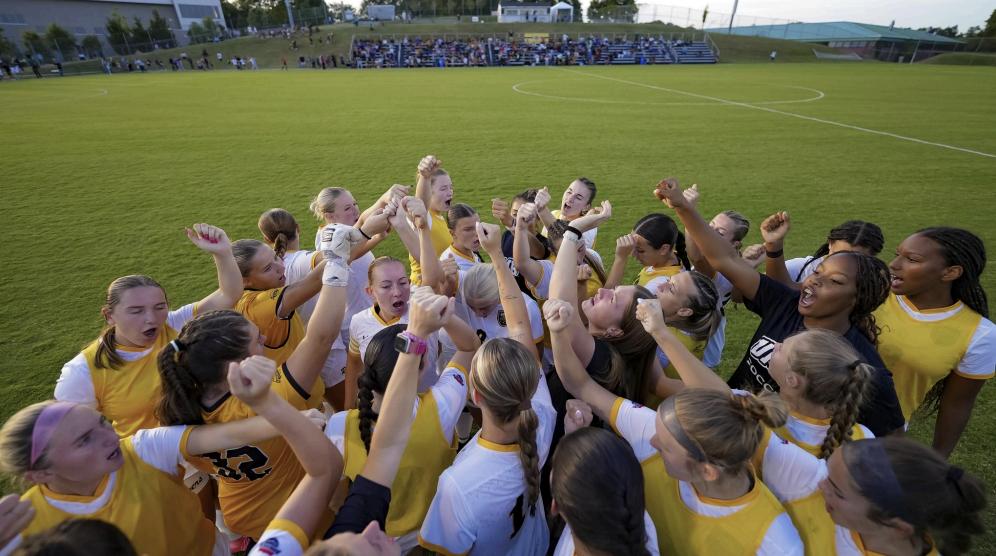UMBC has enjoyed a prosperous relationship with the Fulbright Program since first participating in 1970. Since then, 70 UMBC students have been selected to be Fulbright Scholars and have been sent around the world to pursue graduate studies, conduct research and other projects. Gabi Salas, a senior global studies major, hopes to add to that number after being named a semifinalist for the award in January.
Salas’ research focuses on the impacts of stratified reproduction, which she defines as the “imbalances and inequality in the ability of different races, ethnicities, nationalities, classes and genders to reproduce and nurture their children.” She focuses specifically on the experiences of Latinx women by researching the type of contraception historically made available to them and the lasting impacts today.
Salas began her research studying the experiences of Mexican-American and Puerto Rican women with sterilization in the 1960s and 70s and compared her historical analysis with the experiences that women of these demographics have presently with contraception. She was able to begin her research by applying to an opportunity called The Leadership Alliance through Columbia University’s Graduate School of Arts and Sciences, which she learned about from her advisor. Through this program, she completed her own research project, worked with a graduate faculty mentor, attended a GRE prep course and a graduate school workshop class and received a stipend for her time. Upon returning to UMBC, Salas approached a faculty member on campus to mentor her through an independent study. She presented her research at URCAD and at a conference in Utah, which undoubtedly bolstered her application to the Fulbright Program.
If selected as a Fulbright Scholar, she hopes to further her research in Puebla, Mexico. Salas says that in Mexico, she will be able to “ask different women of Puebla, Mexico what their experiences were in accessing contraception.” Salas hopes that this will help her determine whether or not there is a similar pattern of stratified reproduction among the women in Puebla and the Latinx women in the United States.
When asked what advice she would give to UMBC students hoping to do research in the humanities and social sciences, she says, “my advice would be to ask questions! Ask for more information from your professors, faculty, advisors and friends.” Professors are often looking for or know a colleague who is seeking help with their research, and there are lots of summer programs available for those with busy semester schedules. Salas’s initiative to seek out new opportunities and her dedication to her research has presented her with countless unique opportunities, and will hopefully send her to Mexico to continue her research.


